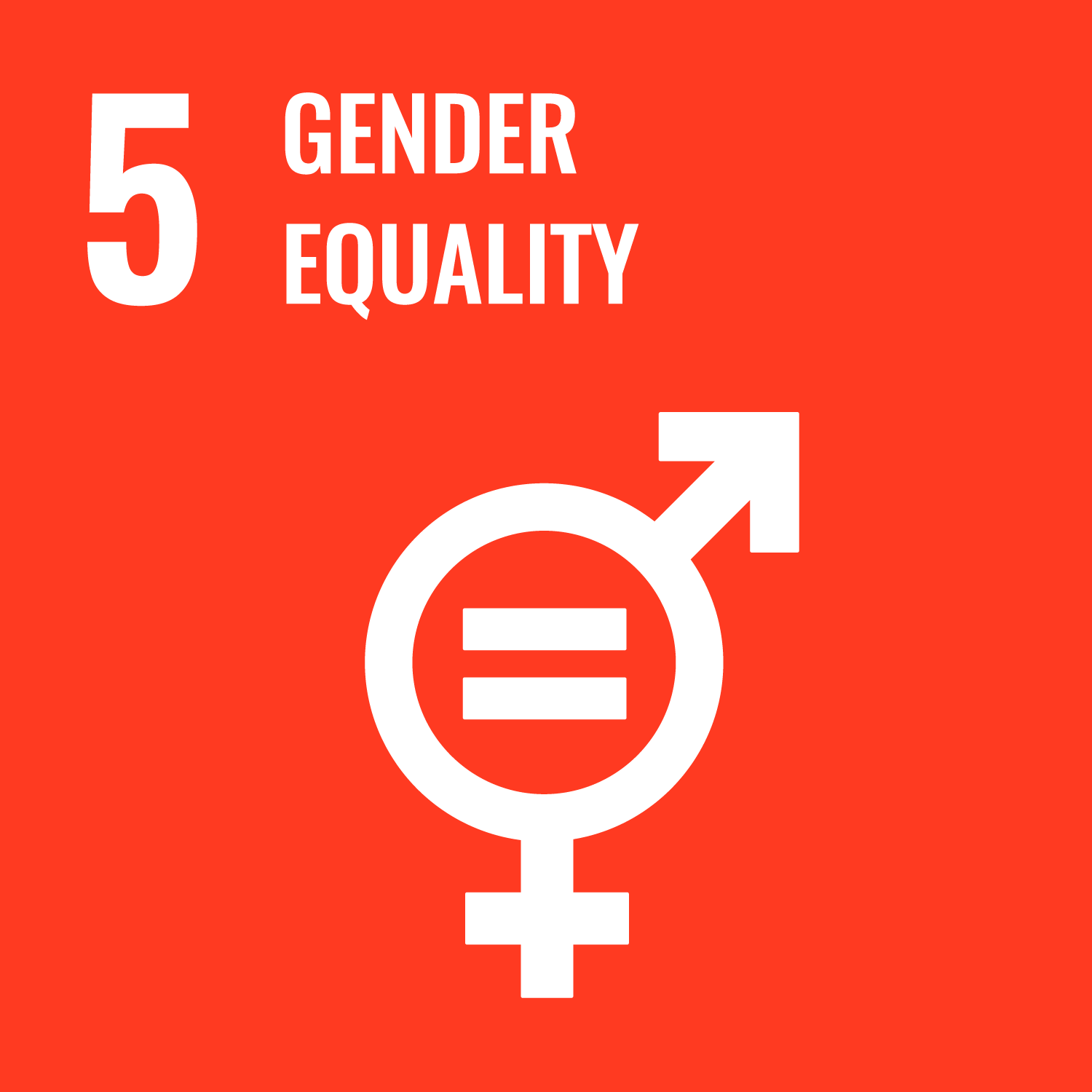INNOVAEDU: Pago-Por-Resultados de Innovaciones Educativas en El Salvador
Aligned SDGs


- INNOVAEDU: Pago-Por-Resultados de Innovaciones Educativas en El Salvador
- General overview
- Intervention
- Target population
- Location
- Outcome metrics
- Last data update
- Spreadsheet of data
- INNOVAEDU: Pago-Por-Resultados de Innovaciones Educativas en El Salvador
- General overview
- Intervention
- Target population
- Location
- Outcome metrics
- Last data update
- Spreadsheet of data
General overview
Stage of development: Early stage
Policy sectors: Education
Type of instrument: Impact Bond
Delivery locations: El Salvador
Expected launch date: Q4 - 2022
Project design process began: Q4 2021
Max potential outcome payment: USD 1.50m
Intervention
Social or environmental challenge
Throughout the last decade, El Salvador has faced multiple educational challenges that has conditioned its socioeconomic development and slowed its progress towards quality, inclusive and equitable education, eg. violence in schools, overage students, low quality educational offer and of little relevance to the needs of the future labor market, among others. All these challenges contribute to the “funnel effect” of exclusion from the educational system: “many start, few finish, and those who learn are even fewer” . In essence, the funnel effect explains the impact that multiple barriers have on students' educational trajectories towards reaching minimum levels of learning necessary for work and life, and which have been exacerbated by Covid-19. Within this framework, this project will address two interrelated challenges: (i) Early dropouts at the secondary level, and (ii) acquisition of Skills for the 21st century.
Description of the intervention
TBD. Interventions primarily targeting to increase STEM knowledge and abilities, as well as to reduce drop out rates
Target population
Secondary students from 5th - 7th grades in Honduras and from 7th-9th grades in El-Salvador in both countries with a gender focus.
Location
Country:
- El Salvador
Locality:
- El Salvador
Outcome metrics
- TBD
Last data update
Data for this pipeline project was last updated in April 2022
You might have noticed that some pipeline projects have more data than others. This is because organisations can share as much data as they want with the INDIGO initiative. If you have more data on one of these pipeline projects and would like to share with us, please get in touch at indigo@bsg.ox.ac.uk. Our full list of variables and data definitions can be found here.
Spreadsheet of data
Important Notice and Disclaimer on INDIGO Data
INDIGO data are shared for research and policy analysis purposes. INDIGO data can be used to support a range of insights, for example, to understand the social outcomes that projects aim to improve, the network of organisations across projects, trends, scales, timelines and summary information. The collaborative system by which we collect, process, and share data is designed to advance data-sharing norms, harmonise data definitions and improve data use. These data are NOT shared for auditing, investment, or legal purposes. Please independently verify any data that you might use in decision making. We provide no guarantees or assurances as to the quality of these data. Data may be inaccurate, incomplete, inconsistent, and/or not current for various reasons: INDIGO is a collaborative and iterative initiative that mostly relies on projects all over the world volunteering to share their data. We have a system for processing information and try to attribute data to named sources, but we do not audit, cross-check, or verify all information provided to us. It takes time and resources to share data, which may not have been included in a project’s budget. Many of the projects are ongoing and timely updates may not be available. Different people may have different interpretations of data items and definitions. Even when data are high quality, interpretation or generalisation to different contexts may not be possible and/or requires additional information and/or expertise. Help us improve our data quality: email us at indigo@bsg.ox.ac.uk if you have data on new projects, changes or performance updates on current projects, clarifications or corrections on our data, and/or confidentiality or sensitivity notices. Please also give input via the INDIGO Data Definitions Improvement Tool and INDIGO Feedback Questionnaire.